
This one vitamin could help stop you from waking up to pee every night
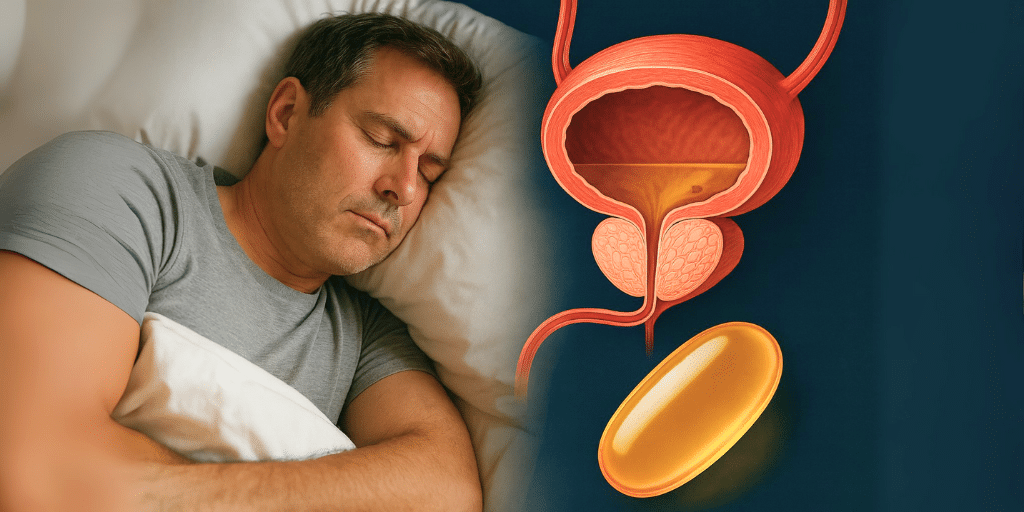
Does this sound familiar? It’s 4:00 AM, the room is quiet—and you’re awake again. Not because of a nightmare, but because your bladder insists on dragging you out of bed. One trip might not seem like a big deal, but night after night, that interruption destroys your sleep, leaving you exhausted, unfocused, and irritable the next day.
You may have been told this is just “part of aging,” something you simply have to live with. But that’s wrong. You don’t have to accept fractured sleep or drained mornings. And no—this isn’t about “just drink less water.” This is about understanding the real biological reasons behind the issue and following a proven strategy to reclaim restful, uninterrupted nights.
The medical name for this condition is nocturia, and while it’s common, it is not normal. It’s a message your body is sending—and ignoring it can have serious consequences. Let’s break it all down clearly.
⚠️ Why Nocturia Is a Serious Warning Sign
Those nightly bathroom trips carry real health risks:
1. Increased Risk of Falls
Half-asleep in the dark with poor balance? One misstep can lead to fractures, mobility loss, or long-term disability—especially in older adults.
2. Cognitive Decline
Deep sleep is when your brain cleans out toxins, including the proteins linked to Alzheimer’s. Fragmented sleep means that “cleaning cycle” never finishes.
3. Heart Stress
Every sudden awakening spikes adrenaline, cortisol, blood pressure, and heart rate—night after night. This chronic stress burdens your cardiovascular system.
4. Emotional Drain
Persistent fatigue creates irritability, anxiety, and a sense of burnout. Poor sleep makes daily life feel heavier than it should.
🔍 What Really Causes Nocturia
It’s not just “drinking too much” or having a “small bladder.” Here are the real culprits:
1. Prostate Enlargement (for men)
A very common but treatable cause. Men over 50 should get screened.
2. Declining ADH Hormone
ADH tells your kidneys to slow urine production at night. As you age, ADH drops—so your kidneys keep working as if it’s daytime.
3. Fluid Redistributing From Your Legs
If your legs or ankles swell during the day, that trapped fluid returns to your bloodstream the moment you lie down—sending it straight to your bladder.
4. Vitamin D Deficiency
Your bladder walls contain Vitamin D receptors. Low Vitamin D weakens bladder muscle strength and increases urgency.
🚫 3 Myths That Make the Problem Worse
Myth #1: “I should drink very little water.”
Wrong. This irritates the bladder and increases nighttime urgency.
Myth #2: “I have a small bladder.”
No—your kidneys are simply producing too much urine at night.
Myth #3: “A drink helps me sleep.”
Alcohol is a powerful diuretic and blocks ADH, making nocturia dramatically worse.
✔️ Your 3-Step Protocol for Restful, Unbroken Sleep
Step 1: Optimize Vitamin D
Get tested → supplement as recommended → get morning sunlight.
Correcting deficiency greatly improves bladder control.
Step 2: Control When You Drink (Not How Much)
Drink 75% of your daily fluids before 4 PM.
Hydrate generously early, taper in the evening.
Step 3: Strategic Fluid Release Techniques
Double voiding: urinate before bed → wait 30 seconds → urinate again.
Leg elevation: raise your legs for 1–2 hours before sleep to drain fluid in advance.
🌙 The Bottom Line
Nocturia isn’t “normal.” It isn’t “your age.” And it definitely isn’t something you have to suffer through.
With the right tools—Vitamin D optimization, smarter hydration, managing leg fluid, and proper bladder emptying—you can restore deep, uninterrupted sleep, reduce your fall risk, protect your brain, and reclaim your energy.
You deserve full nights of rest. This plan helps you take them back.
News in the same category


14 Warning Signs of Low Magnesium Levels and What to Do About It (Science Based)

Top 10 Foods to Heal Knee Pain and Boost Cartilage Naturally
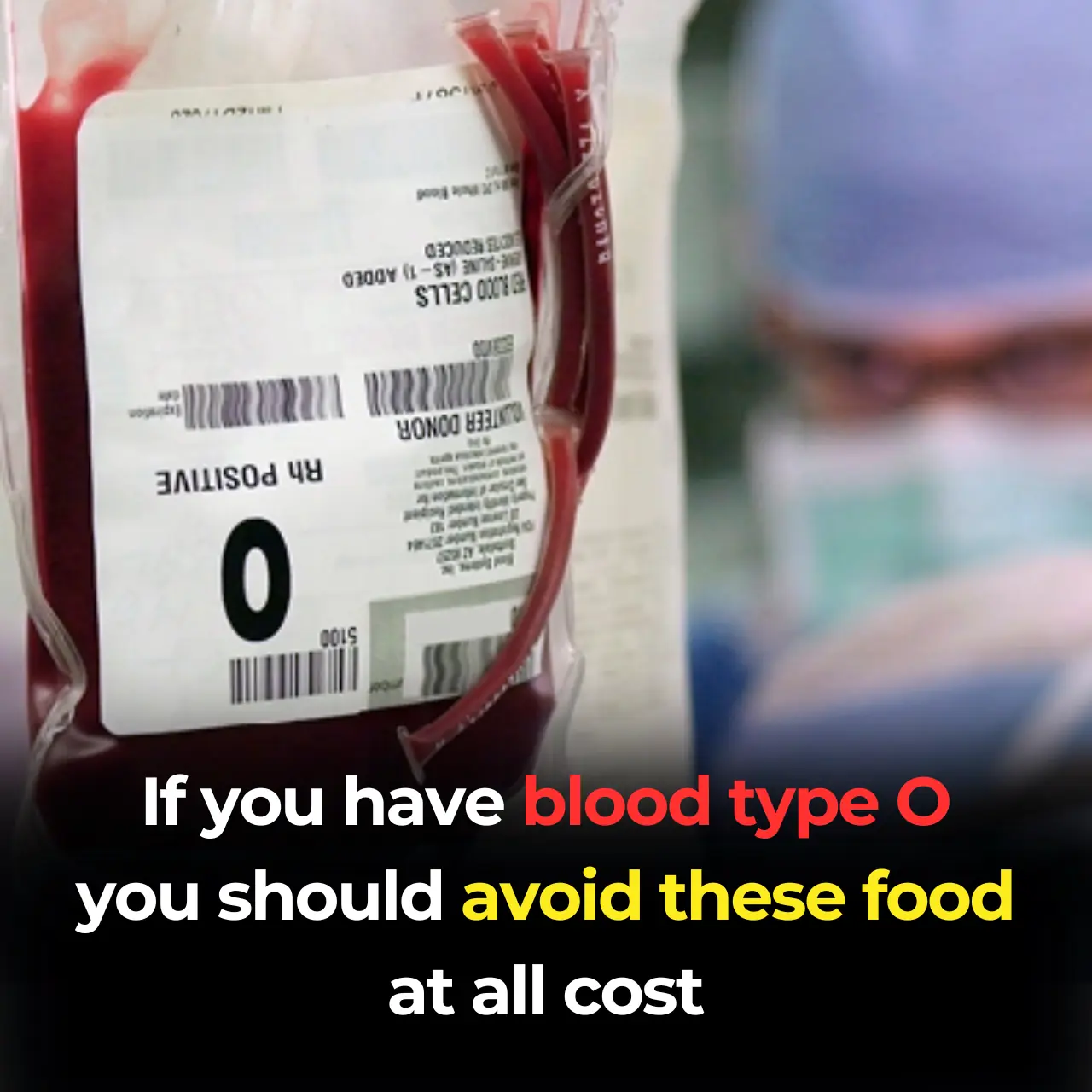
Blood Type O Diet: What to Eat and What to Avoid

7 nutrients that actually repair nerves

The Cold Room Sleep Trick That Can Transform Your Health
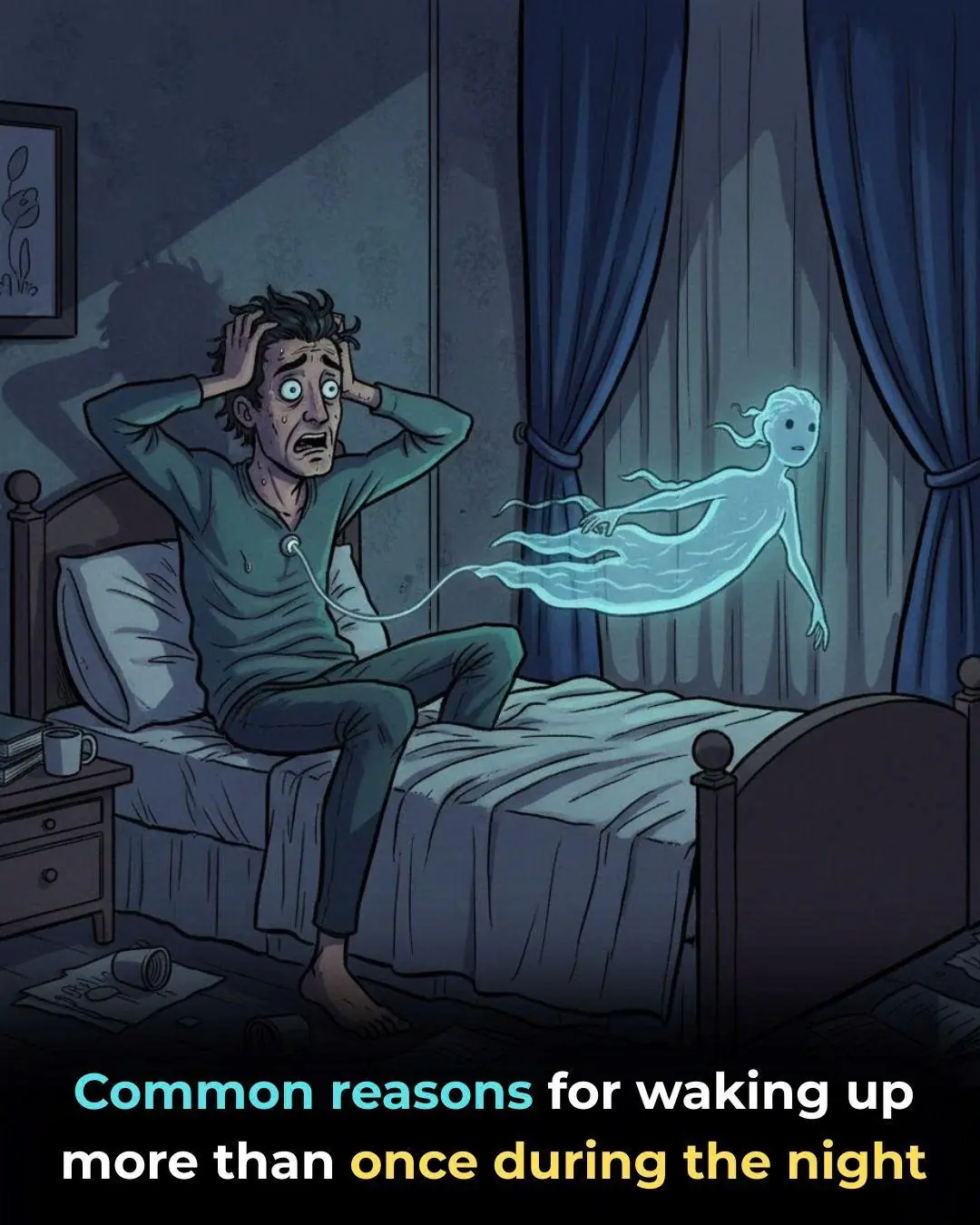
Why You Keep Waking Up at Night
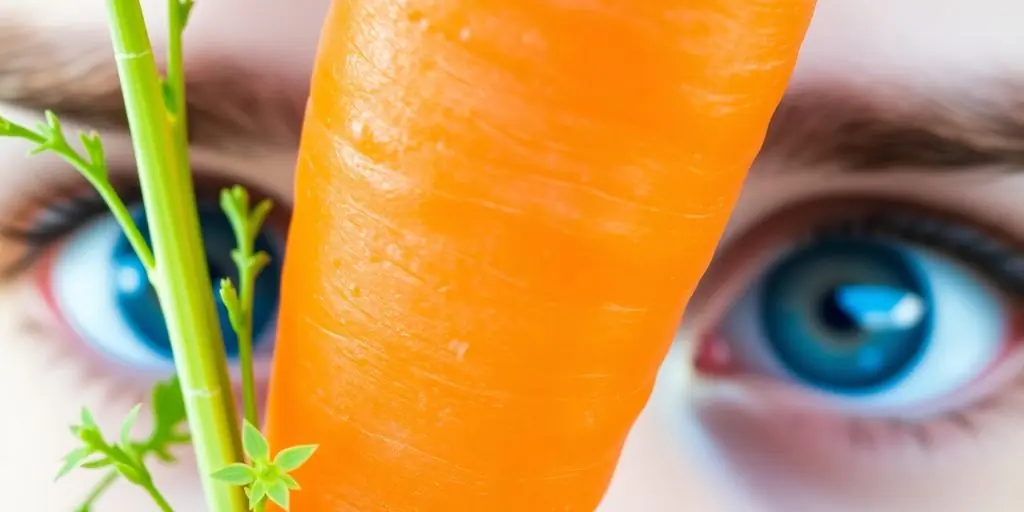
Research reveals the #1 vitamin for eye protection
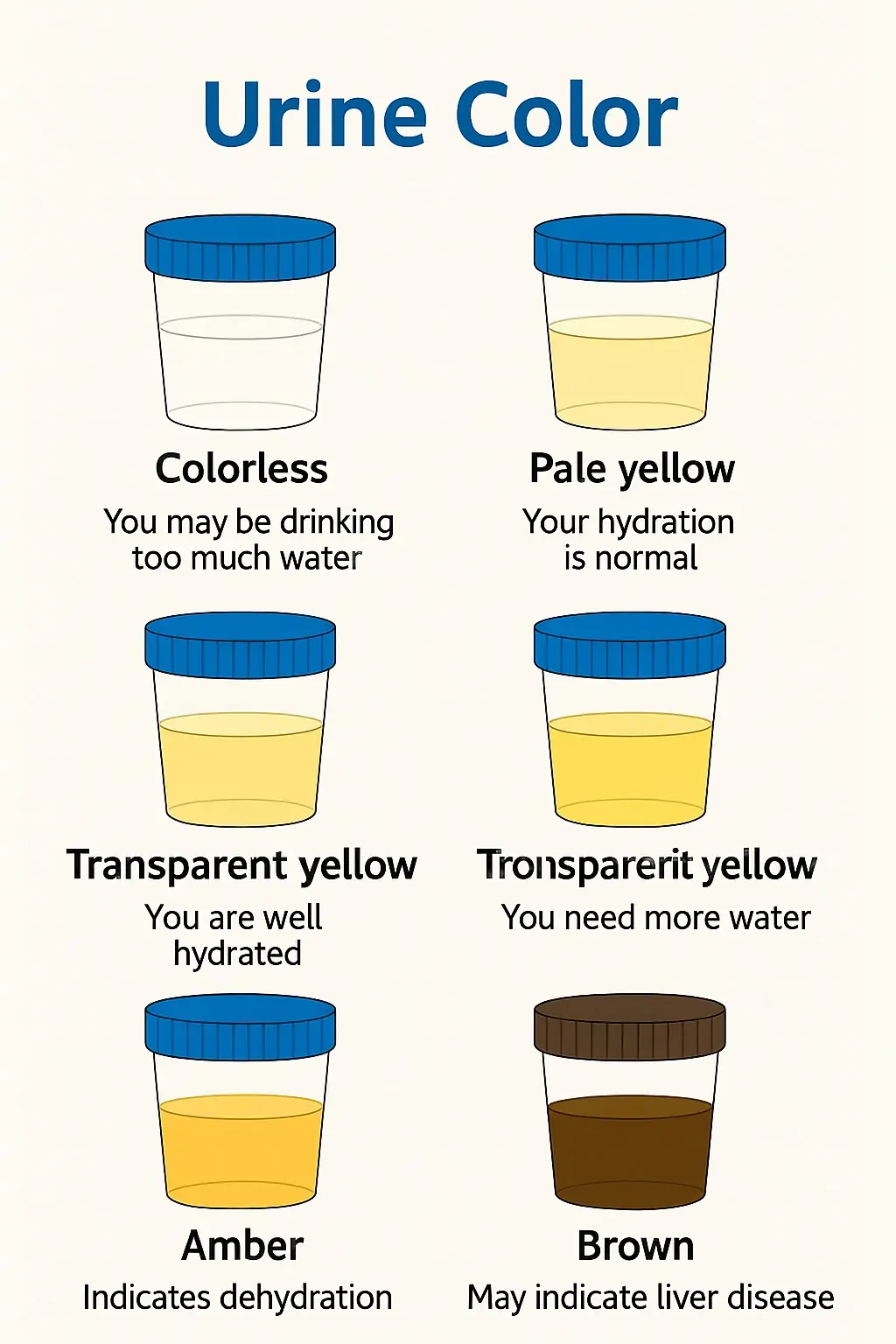
What Your Urine Color May Be Telling You (Gently & Naturally)
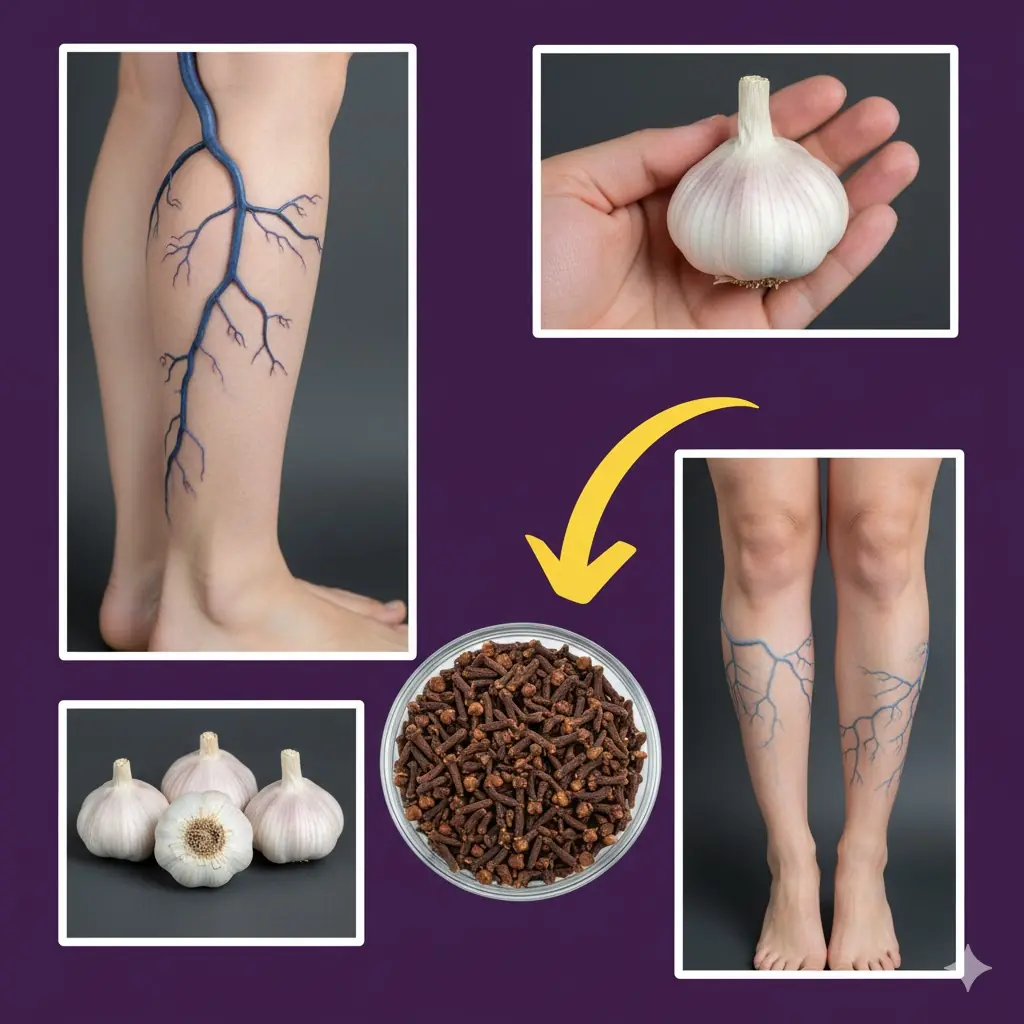
Soothe Leg Pain Naturally: Garlic & Clove Remedy for Joints, Circulation, and Comfort
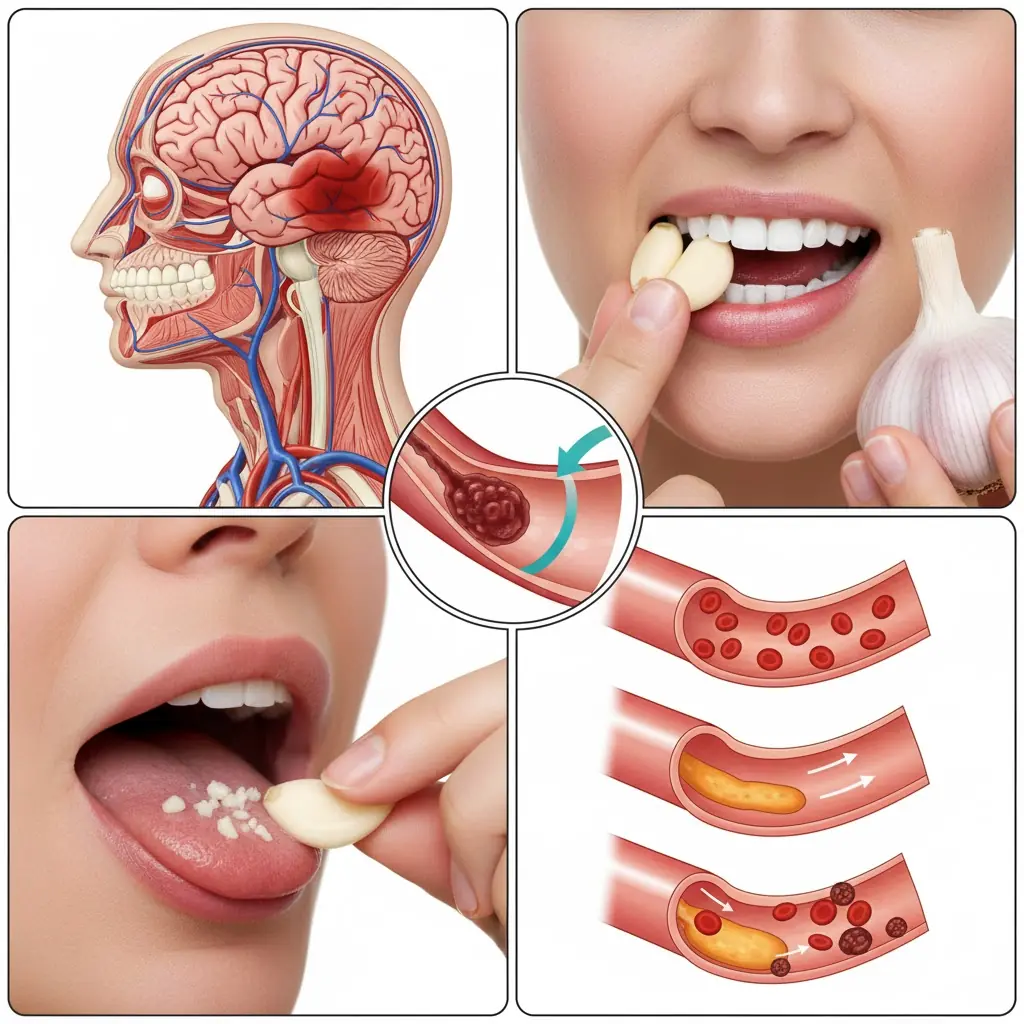
Eat Garlic — But Avoid This Common Mistake! | 95% of People Don’t Know This Simple Trick
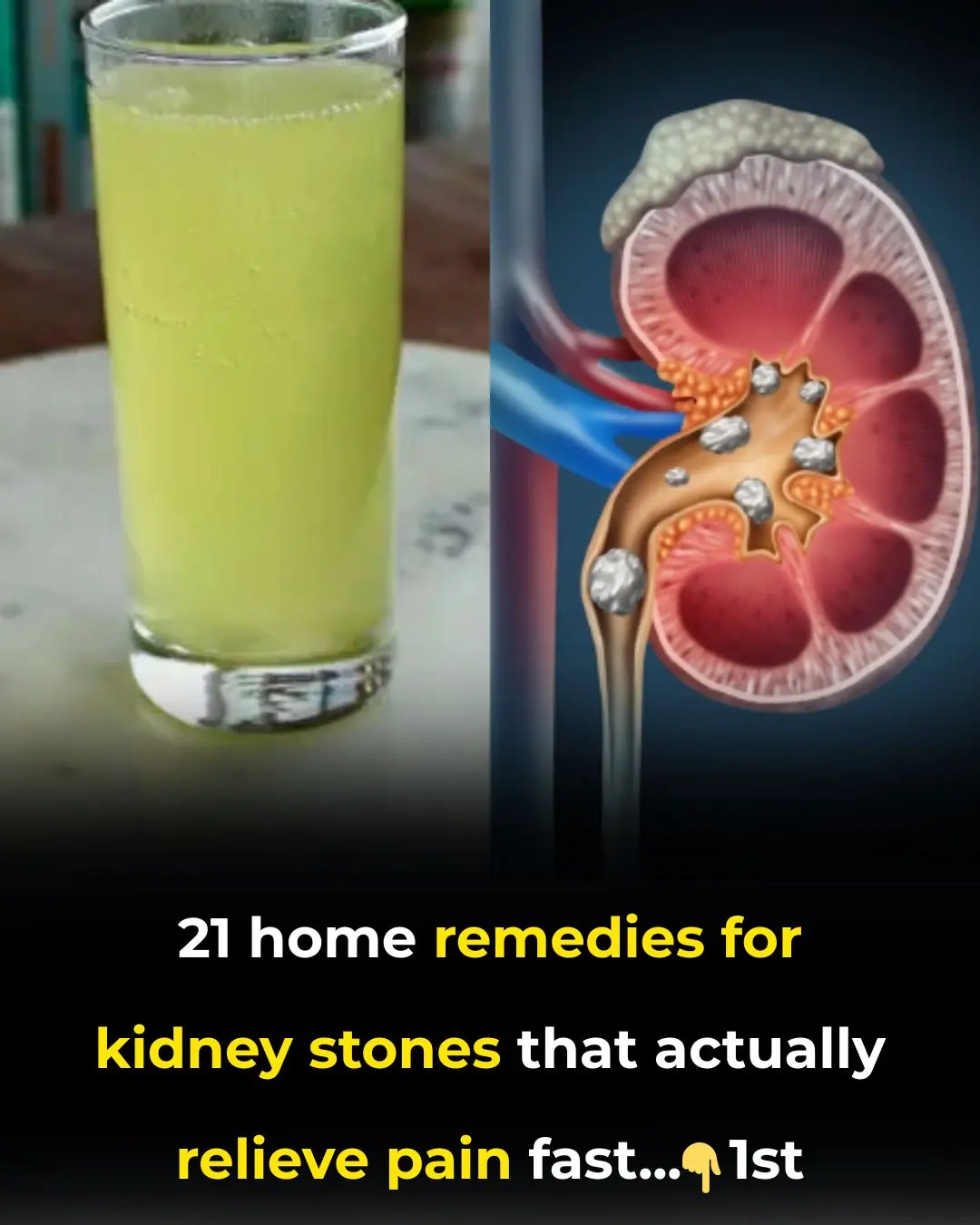
Home Remedies For Kidney Stones – 21 Remedies For Effective Pain Relief
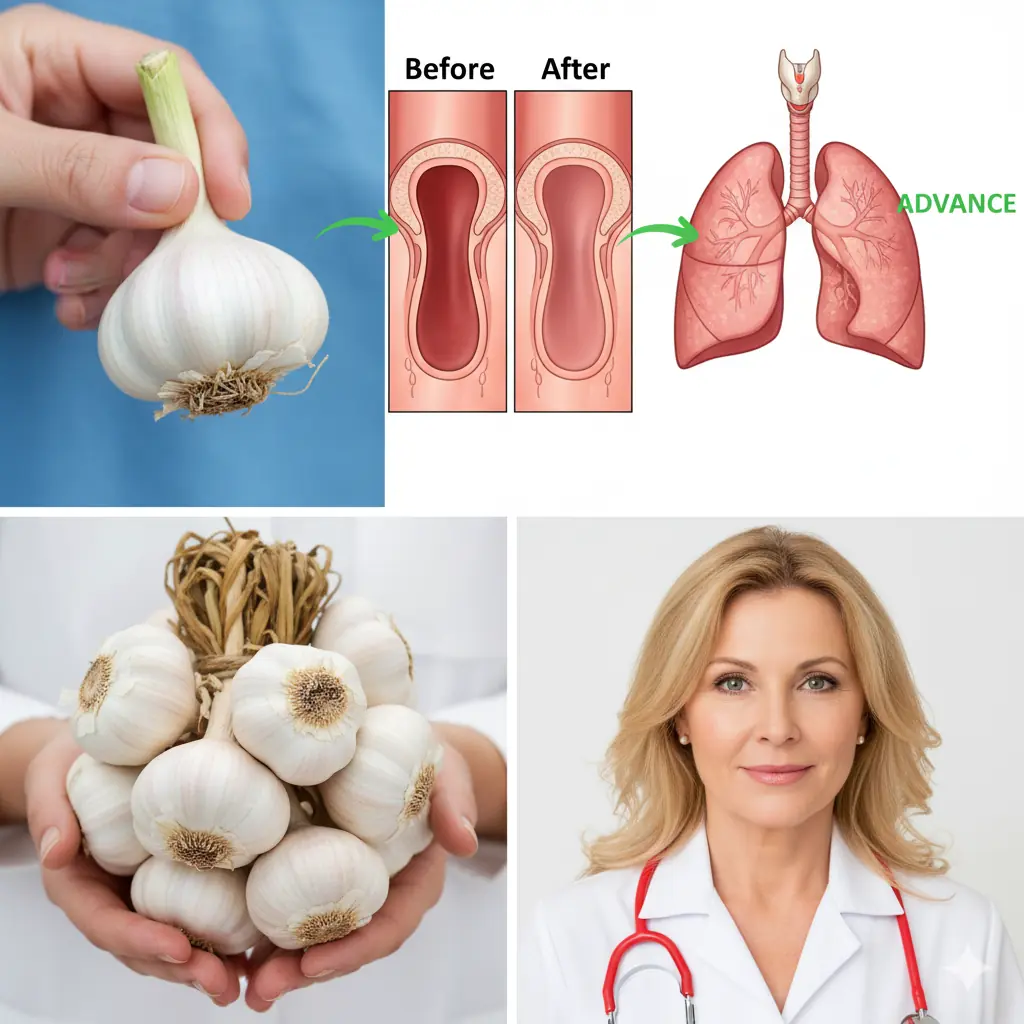
Eat One Clove of Garlic Every Morning on an Empty Stomach – and Watch These 12 Health Benefits Unfold!

Never do this when flying; many people have ruined their lives because they didn’t know better

Public Health Experts Stress Vaccination as Key to Preventing Severe and Long COVID
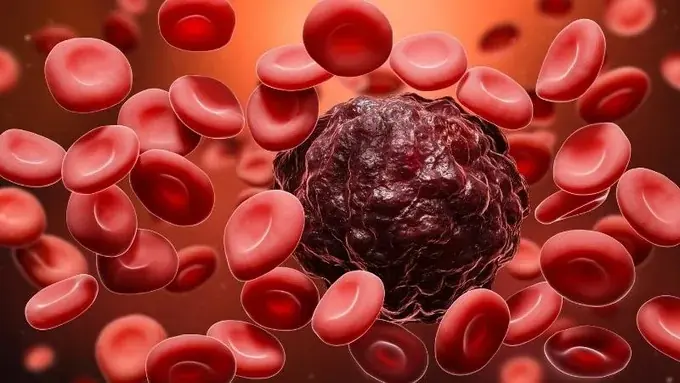
People who are about to be affected by cancer often show three unusual signs in the neck; even having just one of them can be a warning for your health
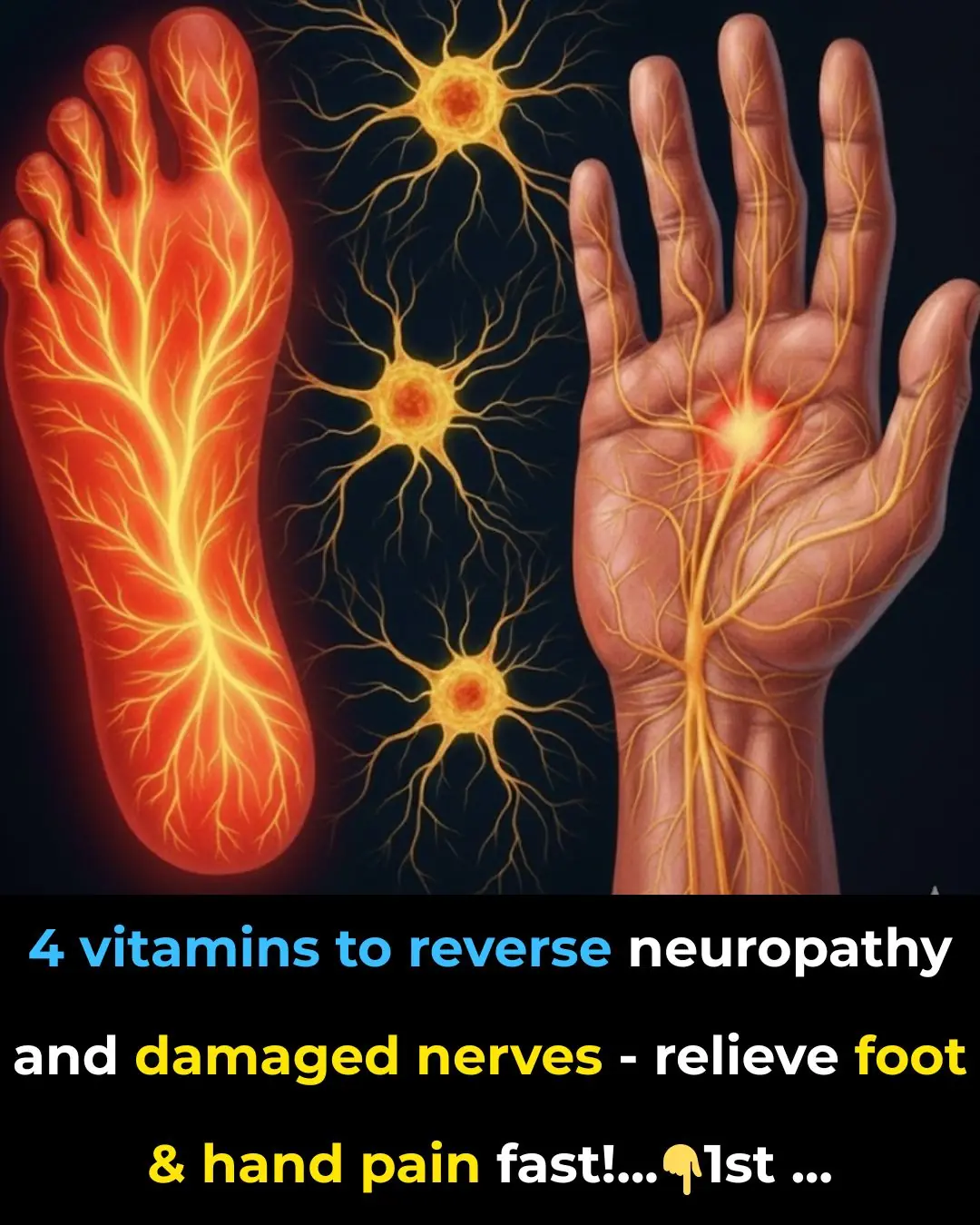
4 vitamins to reverse neuropathy and damaged nerves – relieve foot & hand pain fast!
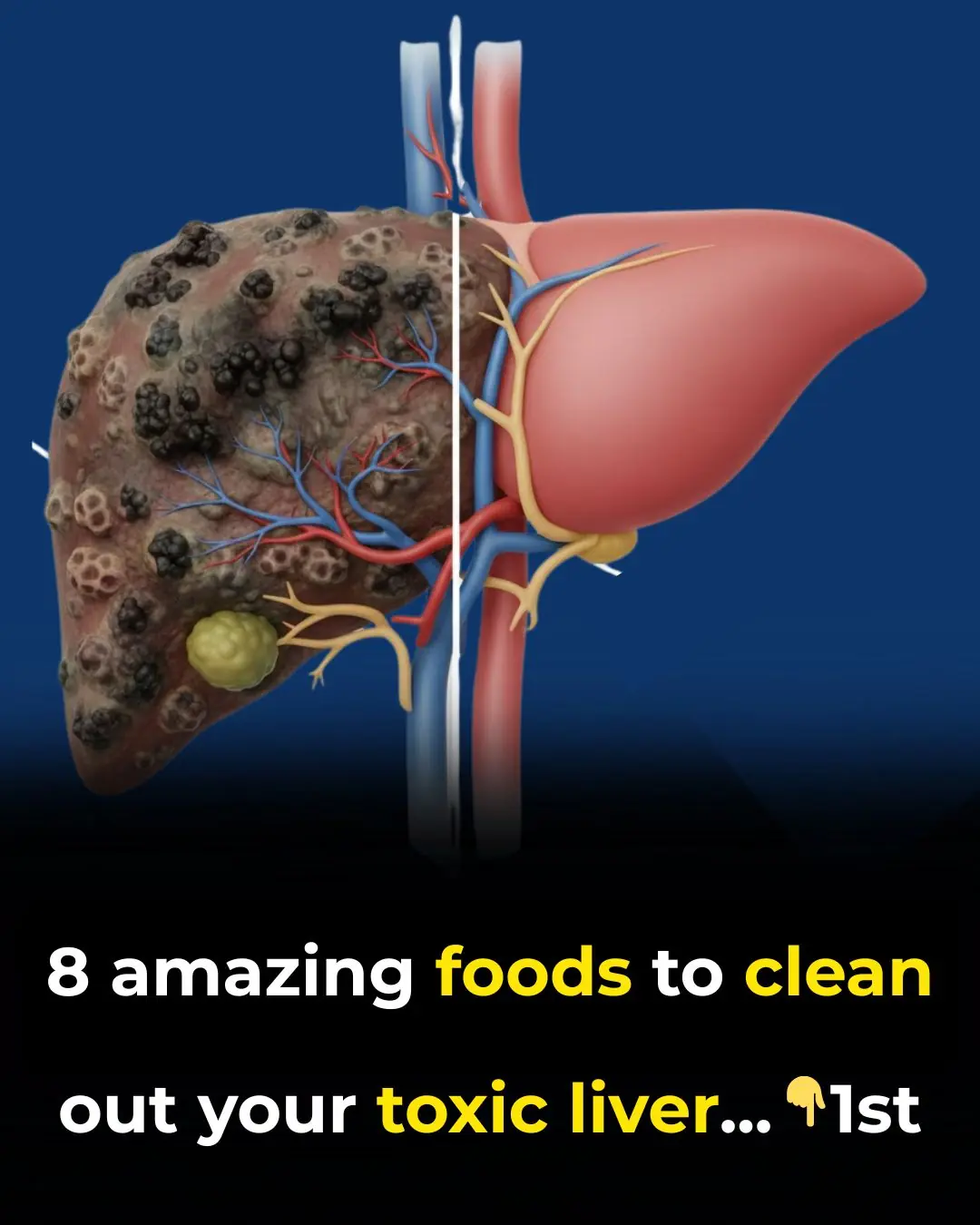
8 Amazing Foods To Clean Out Your Toxic Liver

Stem Cell Breakthrough Offers New Hope for Reversing Diabetes in Early Human Trials
News Post

Capri’s Awakening: The Little Foal Who Forgot How to Join the World.

The Day a Cheetah Looked a Man in the Eyes — and Changed How We See the Wild Forever.
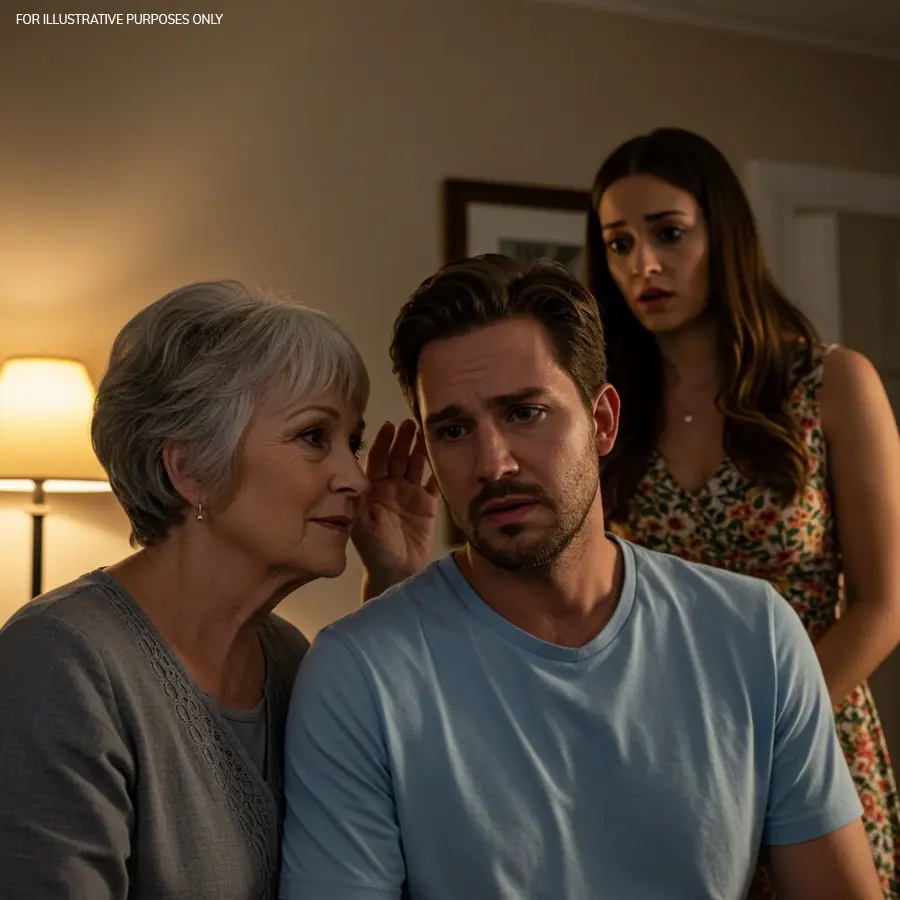
I Didn't Tell My Husband's Family I Speak Their Language, and It Helped Me Uncover a Sh0cking Secret About My Child

How I Exp0sed My Husband’s Li es: A Cheating Anniversary He'll Never Forget

THE CAT THAT BR0KE ALL THE RULES: A POLICE OFFICER'S UNEXPECTED MISSION

Mullein: Exploring the Benefits of Leaves, Flowers, and Roots

Airport X-Ray Scanners Upgrade: Shocking Level of Details

From White Hair to Naturally Darker Hair: Fast Home Remedies & Growth Tips

Teen told he just had ‘growing pains’ dies day after diagnosis

7 Ways To Use Vaseline For Wrinkle Free, Flawless Skin

EVERYTHING JAMES FRANCO SAID ABOUT BEING ‘CAST OUT’ FROM HOLLYWOOD DURING HIATUS

The #1 seed that makes bones & muscles strong—how to use it!

14 Warning Signs of Low Magnesium Levels and What to Do About It (Science Based)

Strictly Come Dancing star eliminated from competition on their birthday

Top 10 Foods to Heal Knee Pain and Boost Cartilage Naturally

Blood Type O Diet: What to Eat and What to Avoid

7 nutrients that actually repair nerves

Coronation Street's Lucy Fallon shows off huge ring as she announces engagement

MAFS UK’s ‘strongest’ couple split after romantic display at reunion
